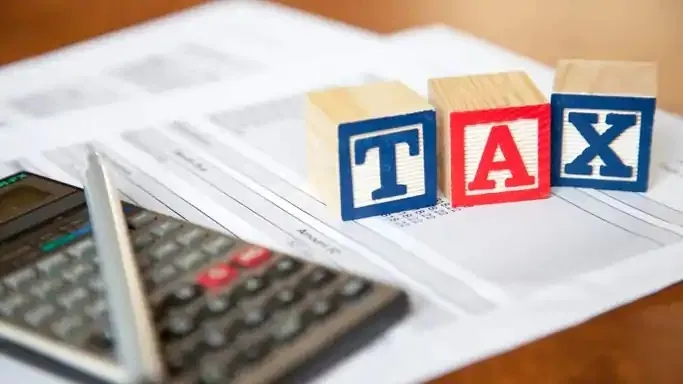Government to Introduce New Income Tax Act for Modern Taxpayers, Replacing Outdated Law

Synopsis
Key Takeaways
- Introduction of a new Income Tax Bill.
- Expected reduction of tax act complexity.
- Scheduled presentation in Parliament on February 6.
- Focus on simplifying language for better understanding.
- Aim to enhance private consumption for economic growth.
New Delhi, Feb 3 (NationPress) Following significant relief for the Indian middle class in the Union Budget 2025-26, the government is poised to unveil a new Income Tax Bill this week aimed at further simplifying the entire tax framework, introducing comprehensive reforms.
The existing Income Tax Act, which has been in force since 1961, is being replaced by a new Income Tax Act crafted to meet the demands of the 21st century, as per sources involved in the discussions.
During the Budget presentation in Parliament, Finance Minister Nirmala Sitharaman emphasized the necessity for a new Income Tax system, with the bill expected to be introduced in this session, likely on February 6.
A review committee was established to develop the new Income Tax legislation, which is designed to replace the outdated and complex previous law. Sources indicate that the new Income Tax Bill has been formulated based on the committee's recommendations.
In this technological age characterized by extensive digitalization, taxpayers will find it easier to manage their affairs online. The upcoming I-T Bill aims to ensure smooth transitions for everyday individuals, facilitating a straightforward understanding of the tax system.
According to sources, the bill is scheduled for presentation in Parliament on February 6. The simplification effort is evident as the old Income Tax Act comprises around 600,000 words, which is expected to be reduced to approximately 300,000 in the new legislation, making it more accessible for taxpayers.
The government is focused on clarifying the language of the new Income Tax Bill. Currently, various interpretations of existing rules can lead to confusion among taxpayers.
The previous Income Tax law has undergone numerous modifications and additions, resulting in a complicated framework that is difficult for the average individual to navigate.
Enacted on April 1, 1962, the Income Tax Act has seen multiple amendments over time, further complicating its comprehension.
Recognizing the need for simplification, the government has initiated the creation of a new I-T Bill to enhance user-friendliness.
While there is some concern that the introduction of the new Income Tax regulations might lead to the abolition of the old tax system, sources suggest that the government has no such plans at this time. Approximately 78% of taxpayers have already transitioned to the new tax regime, yet the government does not intend to implement significant changes to the old system.
Moreover, the government aims to reduce reliance on state-sponsored investment schemes, encouraging individuals to explore other investment avenues, such as mutual funds, SIPs, and the stock market, which can be advantageous.
Additionally, the government's strategy to provide substantial relief to taxpayers is aimed at boosting private consumption, which would have a direct positive impact on the economy's health.









